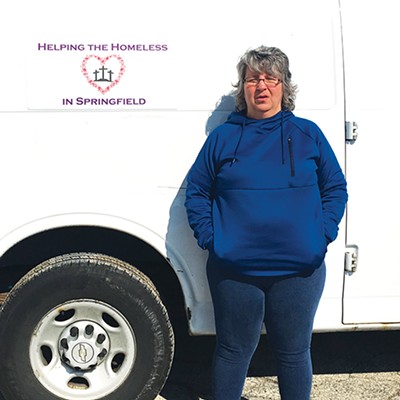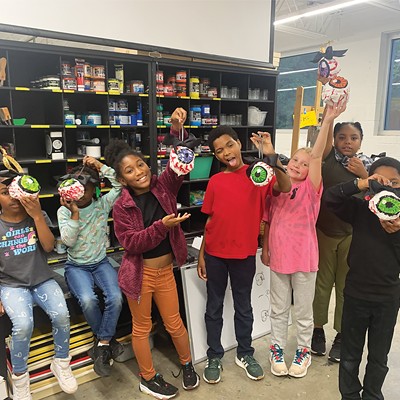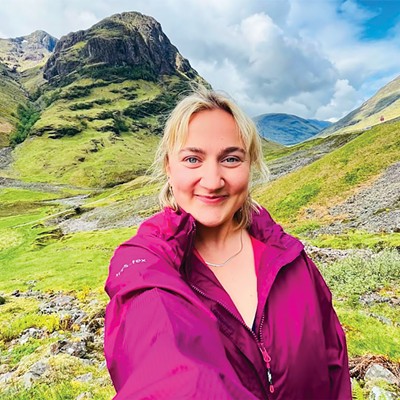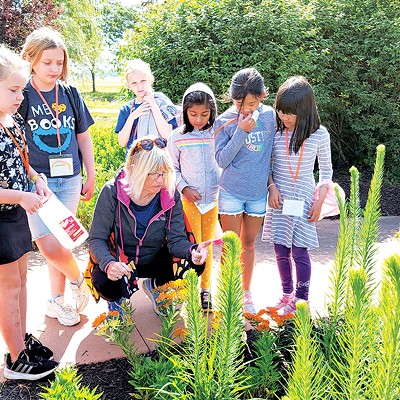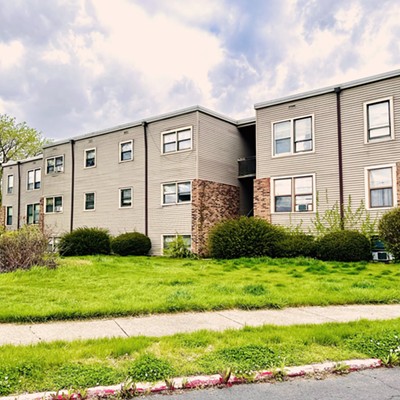“I’ve got a funny feeling they got plastic in the afterlife...” – Beck
Bruce Rushton’s article (“The blue badge of shame,” March 6) highlights a critical need for future-thinking. We present-day humans produce an unbelievable volume of waste – recyclable, compostable and otherwise. We have some halfhearted measures to handle this output, but sadly, the market places no importance on creating or maintaining a viable world for our grandchildren’s grandchildren, and thus gives not a crap about filling the oceans with plastic, poisoning aquifers and otherwise inundating our biosphere with waste.
It is up to humans to design systems that make sense. Perhaps the best time to design this was yesterday, but as with many problems we are coming to grips with now, the next best time is today. Let’s start where we are. And for me, that means observing and asking questions.
I notice that most of the waste that goes into both my trash and my recycling bin is food packaging. Can we design products with a minimal amount of waste? And can this waste be reused, composted or recycled, close to the site of consumption? Why is a cardboard box used once, and then discarded for recycling? A million other questions follow this line of thought. We humans have big brains, lively imaginations and the determination to make our world a better place for our descendants. Surely, we can design better systems of care than our marketplace.
Can we create methods of reusing, composting and recycling on a regional or local basis, so as not to waste energy trucking this stuff around, thereby completely missing the point? Shipping recyclable waste to China only makes sense in a market economy. A human-based economy would see that for what it is, utterly ridiculous.
We are at a crisis point with our living planet, our economy, our politics and our ability to navigate this increasingly unfamiliar and bizarre future. It feels like things are coming apart at the seams, and yet, we also have the opportunity to create systems that are tailored to human desires and needs and to leave a healthy environment for those who follow us. We have a choice. We can ignore the obvious – living an infinite lifestyle on a finite planet – or we can actively choose a future worth the effort of living.
Carey Smith is an Earth poet who is more interested in questions than answers. She lives in the vibrant Enos Park neighborhood with her feminist partner and two awesome children.
We need something better than blue bins
Human-based systems must replace market-based failures
[
{
"name": "Air - MedRect Combo - Inline Content 1",
"component": "11490391",
"insertPoint": "3",
"requiredCountToDisplay": "1",
"parentWrapperClass": "fdn-ads-inline-content-block"
},{
"name": "Air - MedRect Combo - Inline Content 2",
"component": "11490392",
"insertPoint": "7",
"requiredCountToDisplay": "5",
"parentWrapperClass": "fdn-ads-inline-content-block"
},{
"name": "Air - MedRect Combo - Inline Content 3",
"component": "11490393",
"insertPoint": "12",
"requiredCountToDisplay": "9",
"parentWrapperClass": "fdn-ads-inline-content-block"
}
]
Illinois Times has provided readers with independent journalism for almost 50 years, from news and politics to arts and culture.
Your support will help cover the costs of editorial content published each week. Without local news organizations, we would be less informed about the issues that affect our community..
Got something to say?
Send a letter to the editor and we'll publish your feedback in print!


